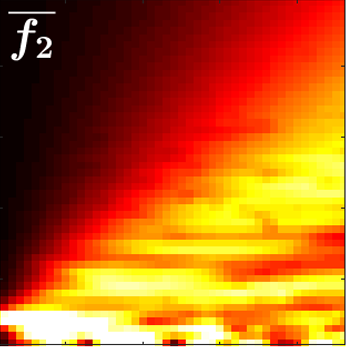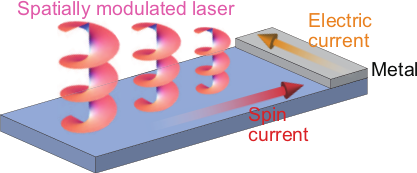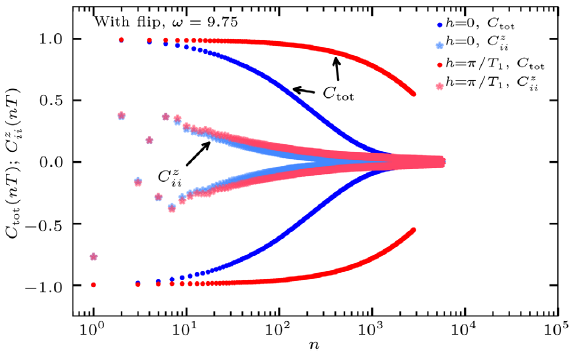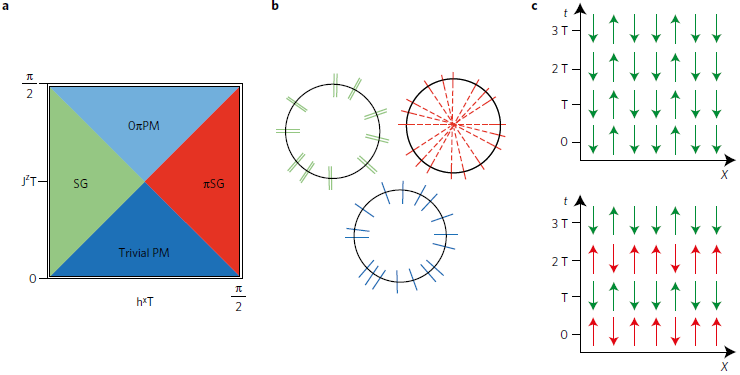
Floquet physics
Floquet physics
Equilibrium macroscopic phenomena are described by thermodynamics, relying only on a small number of state variables such as temperature and pressure. As a consequence, many technological applications as well as going about everyday life do not require any knowledge about the underlying quantum mechanics. This changes, however, when a system is driven continuously by external means such as in a time-periodic fashion. These so-called Floquet systems have recently become a major focus of work. To a large extent this has been motivated by experimental advances in systems such as cold atoms and trapped ions, where it is nowadays possible to realize coherent Floquet dynamics of quantum many-body systems.
Significant progress has been made over the last years in the general understanding of such quantum Floquet systems. Specifically, they relax to a steady state which is generically time-periodic due to the drive. For these periodic steady states, we have identified generalized statistical ensembles, extending the notion of equilibrium to driven quantum systems. Moreover, we have proposed genuine nonequilibrium quantum phases without an equilibrium counterpart, such as the recently experimentally realized $\pi$-spin glass, also known as the discrete time crystal.
Along these lines we further explore the rich physics of quantum Floquet systems with an emphasis on providing a guide for experiments to realize the interesting phenomena occurring in this context. For more details on current and recent research highlights see the collection below.

Phys. Rev. X 9, 041021 (2019)


